The THINK Beyond Podcast
Shaping the Future of Education
Shaping the Future of Education
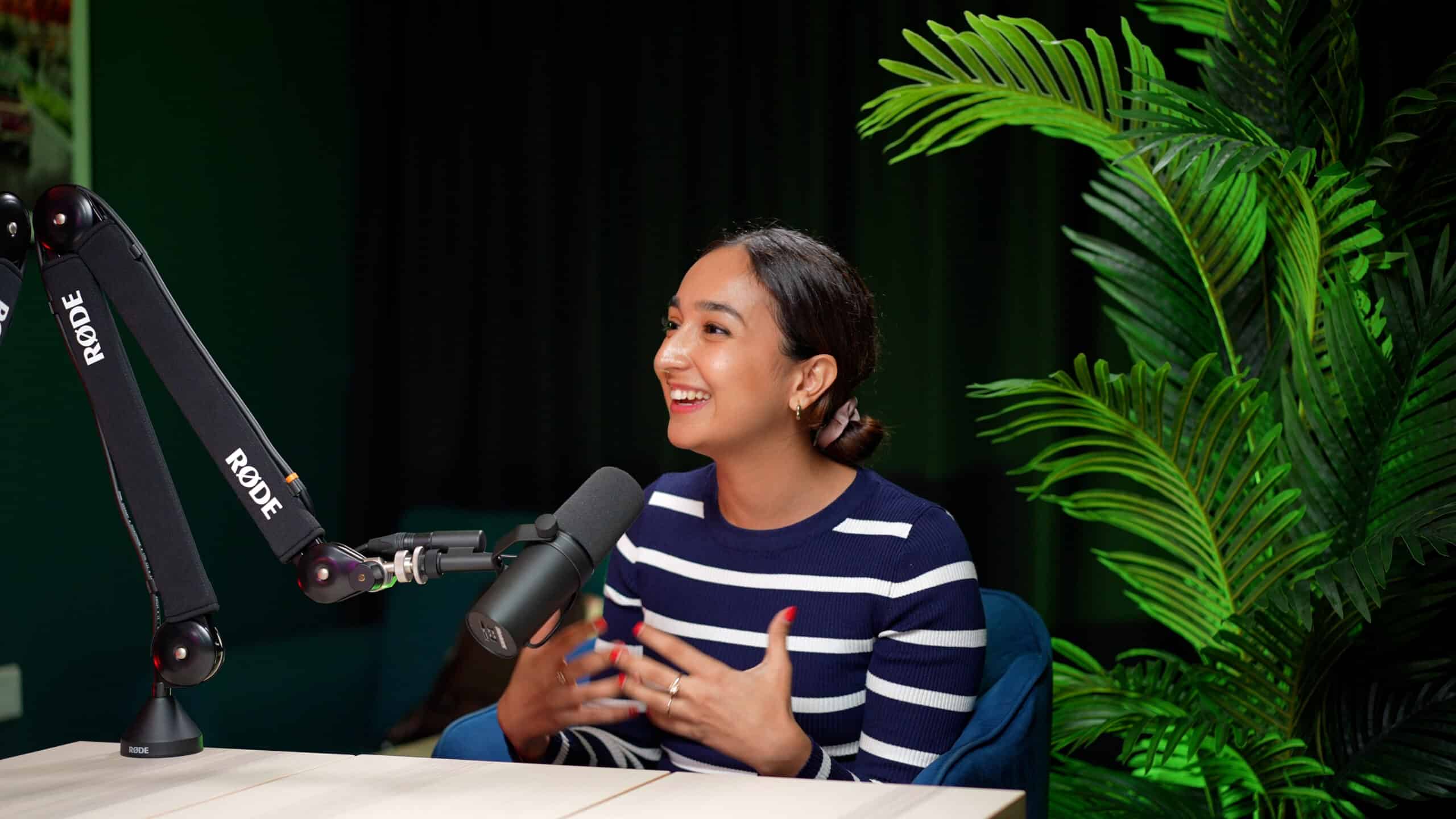
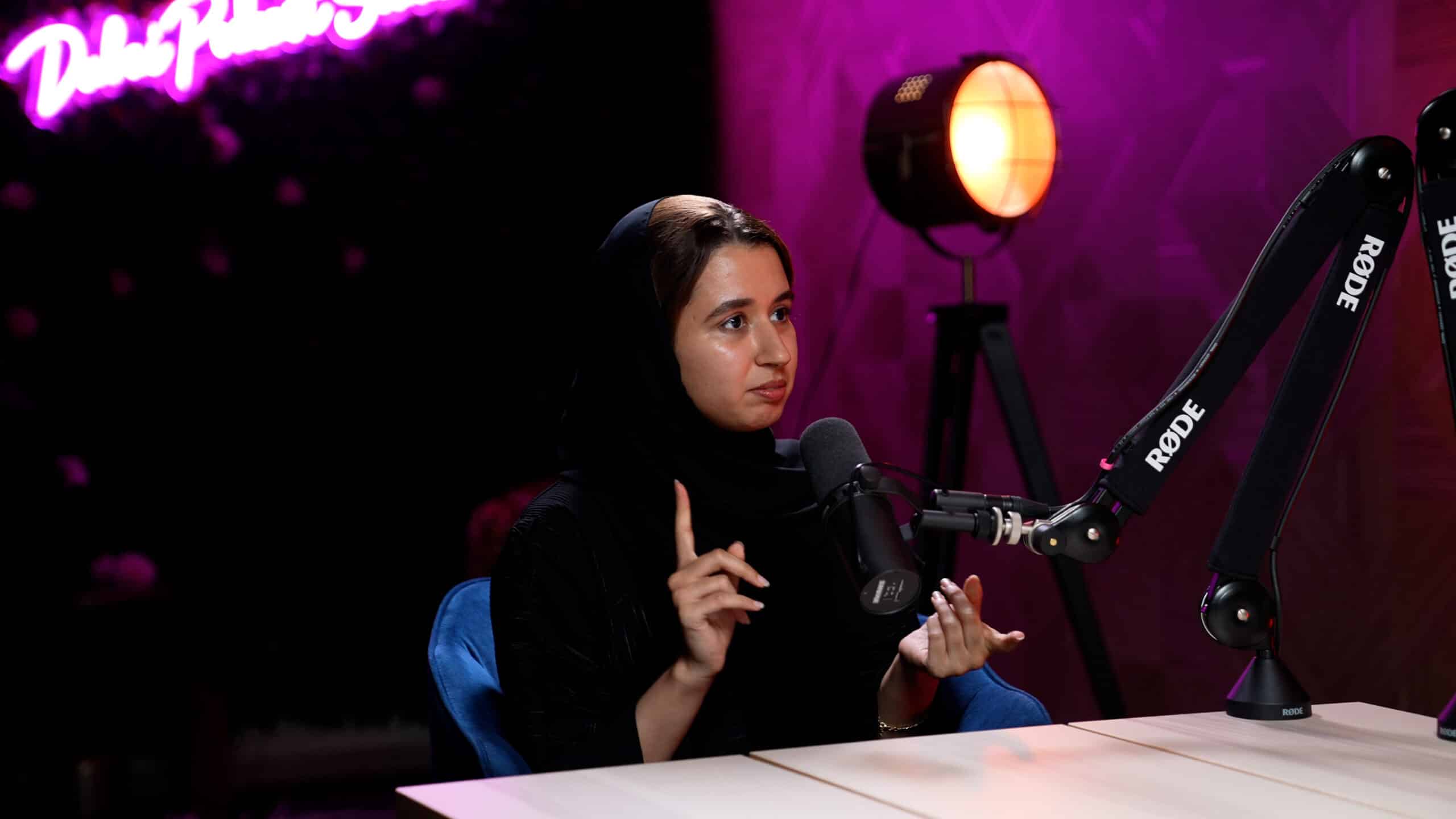
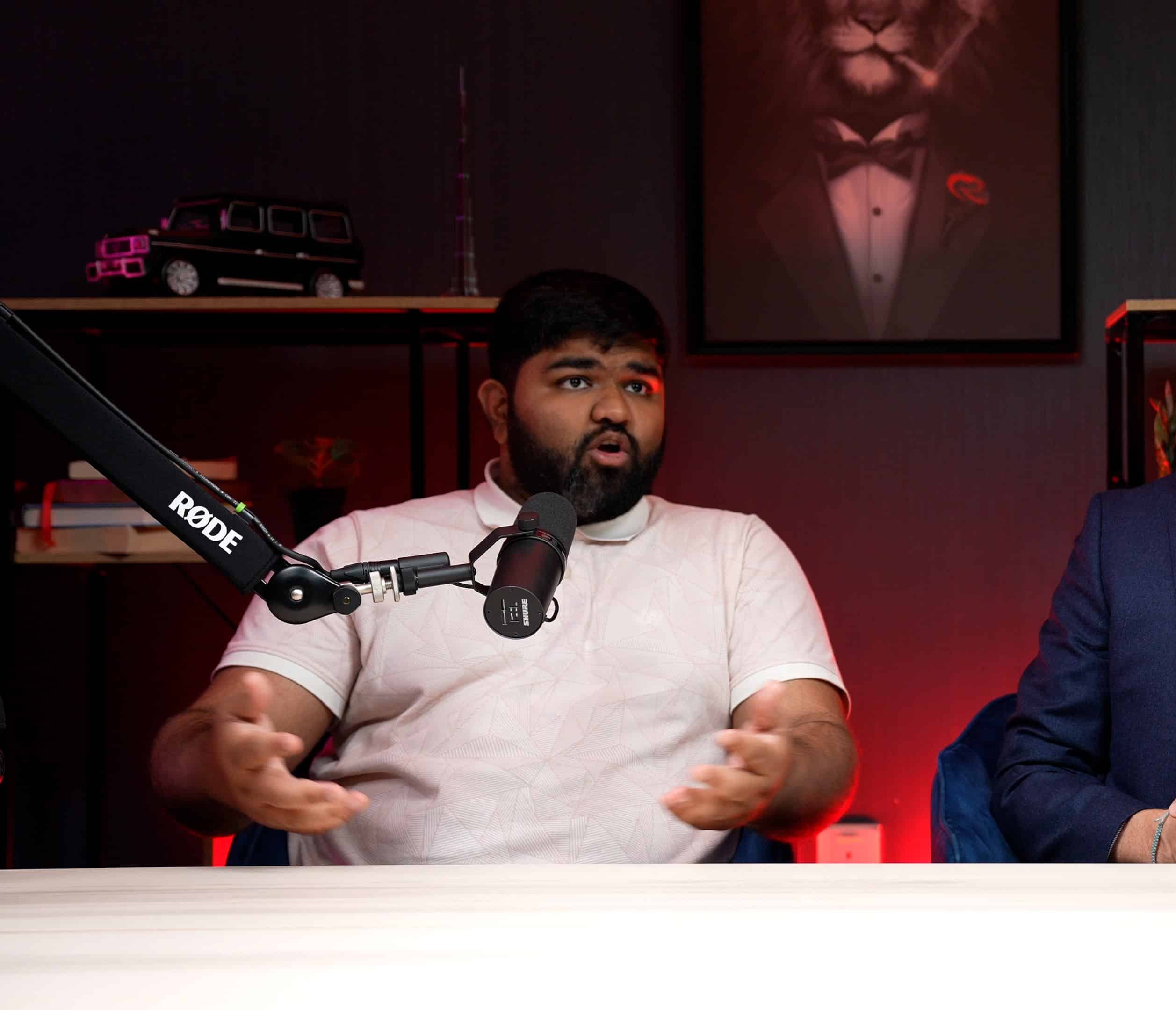
At the THINK Beyond Podcast, we’re your gateway to a world where education knows no bounds. Our mission is simple yet profound: to reimagine learning, foster innovation, and empower educators and learners alike. We believe in providing fresh perspectives that inspire change and shape the future of education.
In an ever-evolving educational landscape, we understand the imperative of embracing change and transformation. That’s why we’ve embarked on this journey, challenging norms, disrupting traditional paradigms, and setting a new course for the future of education.
Through insightful discussions, expert interviews, and dynamic conversations, we aim to inspire change and empower you with the knowledge and inspiration needed to navigate the ever-expanding horizons of learning. Welcome to the THINK Beyond Podcast, where education knows no bounds.
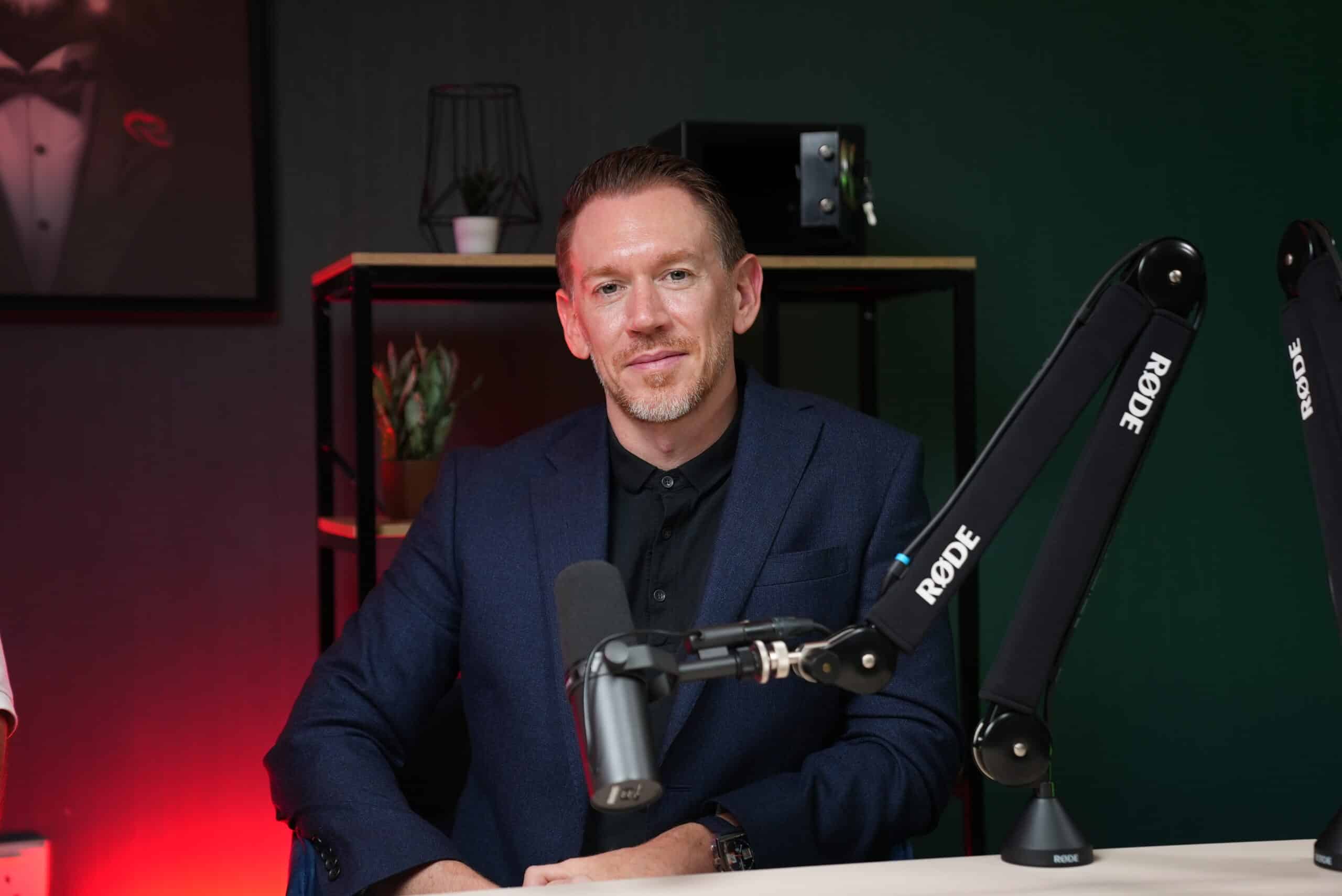
Russell Cailey
Host
Russell Cailey isn’t just an educator; he’s an innovator on a mission to transform education. With a global perspective and a passion for change, Russell guides you through the world of THINK Beyond Podcast. His expertise in education innovation and foresight ensures engaging conversations that push the boundaries of learning. Join Russell for discussions that inspire transformation in the future of education.

Zoya Abbas
Host
Meet Zoya Abbas, a molecular bioscience major with a talent for connecting cultures and communities. Her academic curiosity and significant social media following of nearly 300,000 make her the perfect host for engaging discussions that dive deep into a variety of subjects. Join Zoya for conversations that promise to inform and inspire.
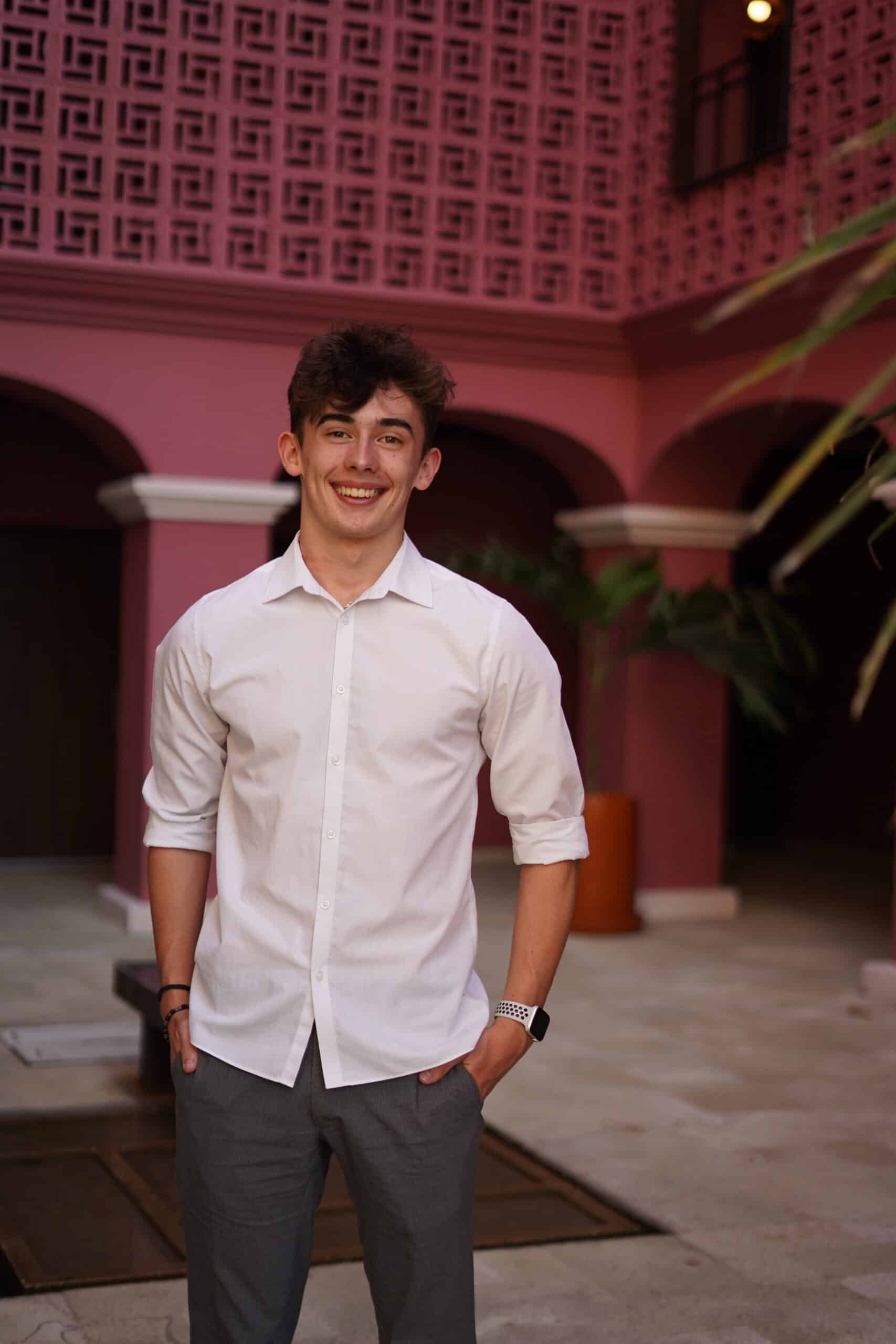
Seb Olsen
Producer
Meet Seb Olsen, our Amsterdam-based Podcast Producer. With a diverse background in tech and a passion for the future, Seb brings a wealth of knowledge to our team. His experience in web applications, AI, and innovation management enriches our podcast content. Join us as we explore the future of education with Seb as your dedicated producer.
For guest inquiries contact Seb at sebo@thinkglobalschool.com.

"*" indicates required fields
